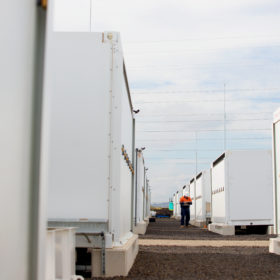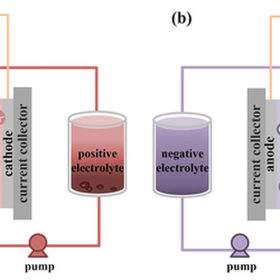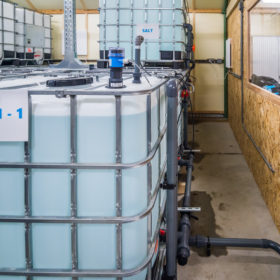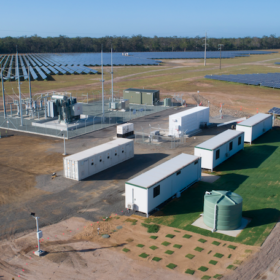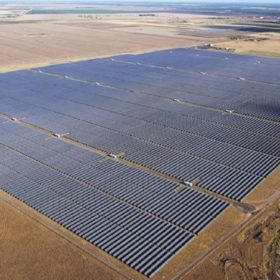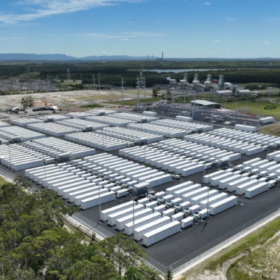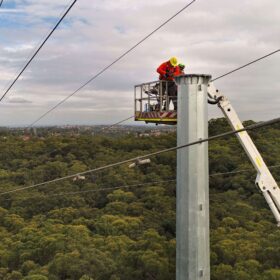Weekend read: Back to the future with BESS
Bearing witness during battery energy storage system manufacturing can reveal potential failure points and is crucial given the industry’s relative immaturity, argues Frédéric Dross, the vice-president of strategic development for quality assurance provider STS. And much can be learned from the early days of solar.
MIT, NREL researchers develop 40%-efficient thermophotovoltaic cell for grid-scale thermal batteries
The device is described as a heat engine with no moving parts that is able to produce power from a heat source of between 1,900 to 2,400 C. This concept is known as thermal energy grid storage (TEGS) and consists of a low-cost, grid-scale storage technology that uses thermophotovoltaic cells to convert heat to electricity above 2,000 C.
Bromine-based flow batteries for renewables storage
Bromine-based flow batteries have the potential for high energy density in renewable energy storage. Their commercial adoption, however, remains challenging due to the cathode materials used for their construction. New research from China seeks to shed light on how to overcome these hurdles.
Battery fire at Salt River Project in the US
Fire crews in Chandler, Arizona, sent robots into a building at the Salt River Project where a 10 MW battery was smouldering.
Long-duration storage solution based on saltwater
Developed by Dutch start-up AquaBattery, the storage technology is claimed to independently amend power and energy capacity. The battery system utilises three storage tanks, one with fresh water, one with concentrated salt water and one with diluted salt water, and also relies on membrane stacks.
Megafund acquires three east coast solar farms in takeover of Elliot Green Power
Global investment manager Igneo Infrastructure Partners will acquire Elliot Green Power, along with its solar and storage portfolio, via its Australian business, Atmos Renewables.
180 MW solar farm and possible battery unveiled for Queensland’s Western Downs
Developer Renewable Energy Partners has announced plans for a 180 MW solar PV project, possibly with a battery storage system, in the Western Downs region of Queensland.
Full extent of Sun Cable megaproject revealed
Singapore-based Sun Cable has submitted its Environmental Impact Statement to the Northern Territory Environment Protection Authority. The document reveals the full extent of the project’s enormity, specifically a 17-20 GW solar farm tied to 36-42 GWh of battery energy storage, which is set to be transmitted by subsea cables to Singapore.
Indonesia’s Riau Islands set for more big solar and storage
Developers are moving fast to meet Singapore’s clean energy needs by establishing overseas solar-plus-storage plants, with a strong focus on facilities in neighbouring Indonesia.
Lightsource bp proposes 400 MW solar farm south of Goulburn
Lightsource bp’s ambitious solar capacity target of 25 GW by 2025 is driving significant expansion of its Australian portfolio, including its most recent proposal of the 400 MW Gundary Solar Farm south of Goulburn, NSW.
